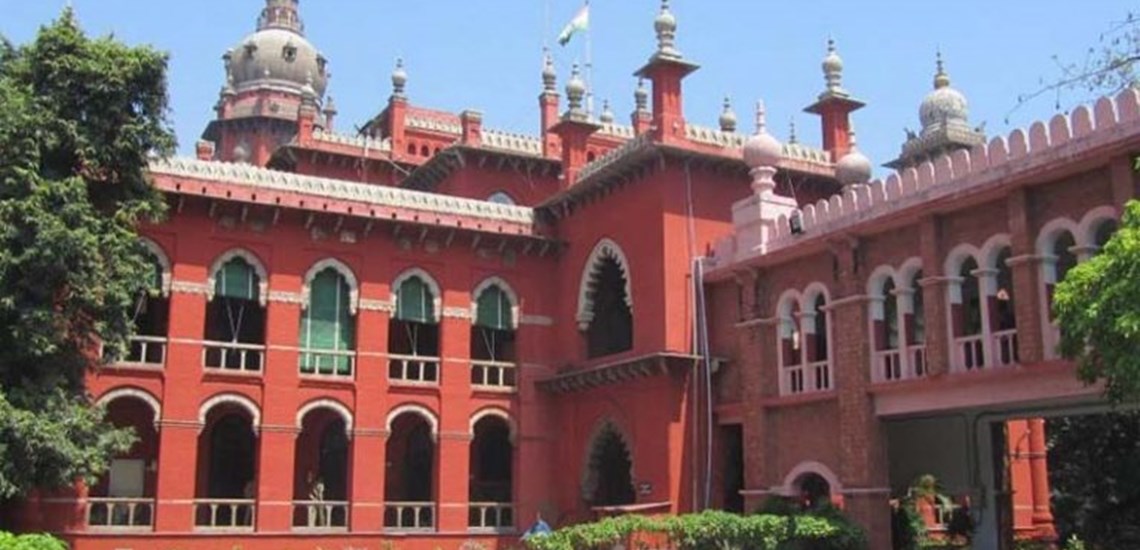Indian Court releases baled tyres despite flawed document description
Madras High Court Provisionally Releases Baled Tyres
Indian customs officials impounded baled tyres being brought into the country by Black and Gold Technologies, reportedly for processing for crumb rubber for use in asphalt.
The tyres were described as “Used Rubber Tyre Cut in Two Pieces.” When customs officer inspected the containers, they found that the tyres had not had the bead cut and were, in fact, whole tyres.
The authorities decided that the tyres had been mis-declared and they referred the consignment to the SIIB for detailed examination for import assessment.
Accordingly, the examination report of the said officers, the cargo was found to be used rubber tyres in pressed bales. But there was no cut in the bead wires. Though the import of used tyres with one cut in the bead wire is free, the import of used rubber tyres is restricted. Hence, on the reasonable belief that the importer had mis-declared the cargo in order to circumvent the import restriction imposed by the extant Foreign Trade Policy, the entire cargo was seized for further investigation under the Customs Act, 1962.
Following the seizure, the petitioners (Black and Gold Technologies) made a request for provisional release in terms of Section 110A of the Customs Act, 1962.
Since the request was not complied with, the petitions were filed with the Madras High Court.
The respondent contended that since the goods also constitute a hazardous waste, the request for a provisional release was not sustainable. The single judge, Justice G.R. Swaminathan directed the respondents to assess and permit the provisional release of the goods in question upon payment of applicable duties of customs subject, however, to the eventual adjudication. The court further said that the respondents shall release the goods after assessing and collecting the customs duty and other charges provisionally within a period of three weeks from the date of receipt of a copy of the order.
One must wonder if the Indian right hand knows what the Indian left hand is doing – the goods were imported on mis-declared documents, but the High Court Judge allows them to be released regardless. Someone had a lucky escape, we think.
Source: Taxscan


















